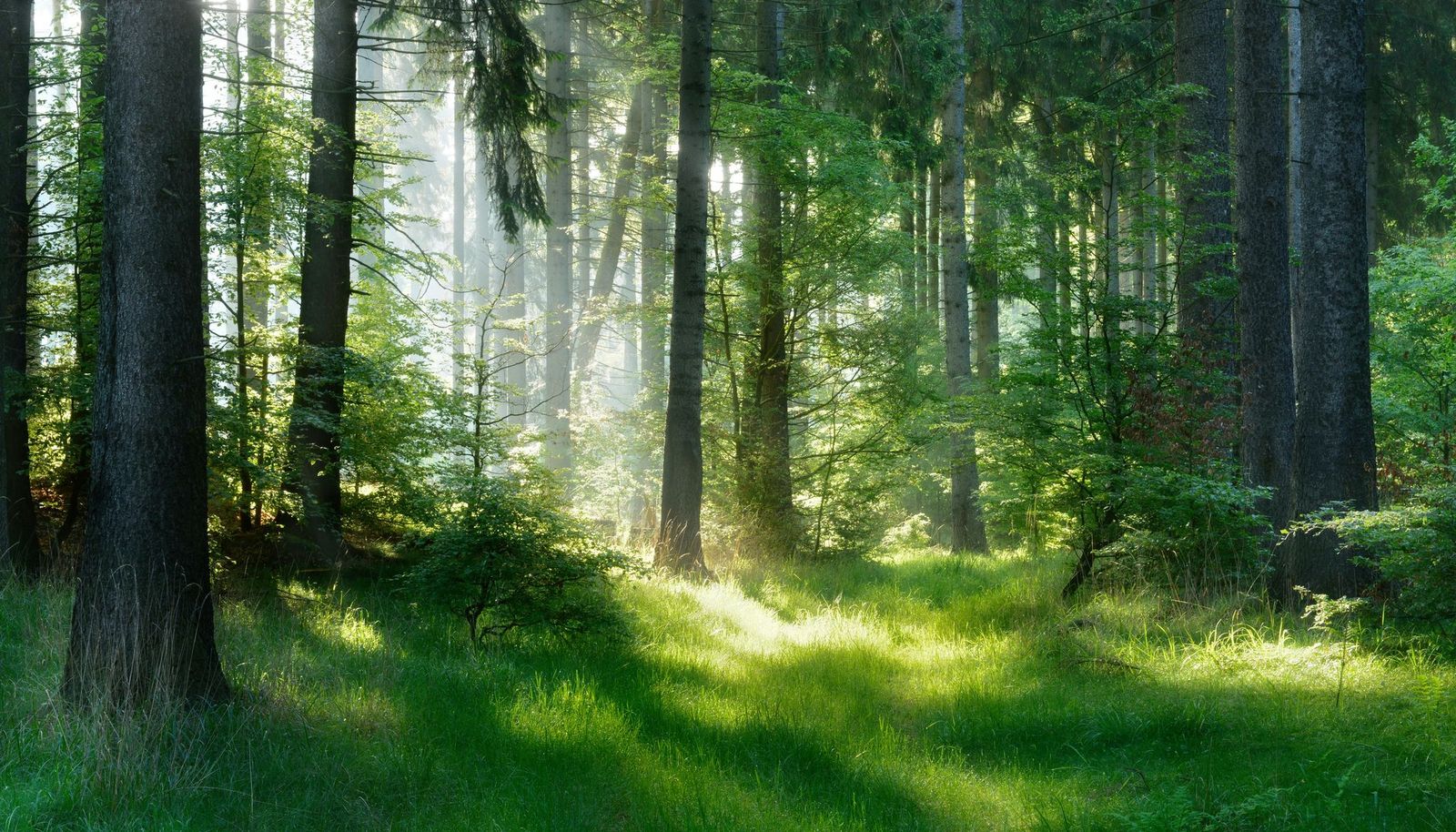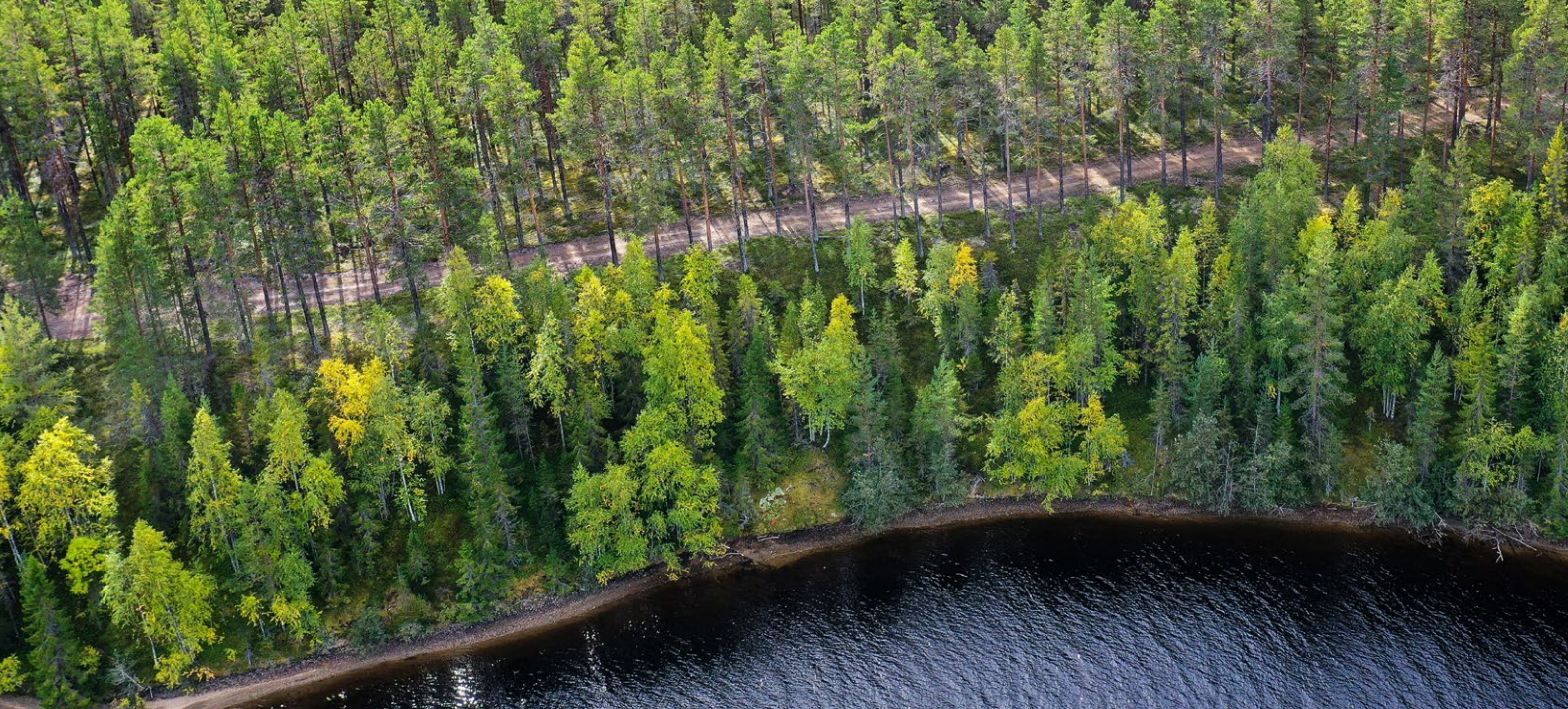
Our ESG policy
Convinced that sustainable development strategies are the most relevant in the long term given all the societal and environmental challenges facing businesses, we have developed virtuous practices aligned with the nature of the investments made.
Forest and viticulture management meets 5 of the 17 Sustainable Development Goals (SDGs).

Our forest commitments
Compliance with Simple Management Plans
France Valley complies with the Simple Forest Management Plans of each Investment Forestry Group, validated by the Regional Forest Property Centers (CRPF – State agency), which notably integrate environmental zoning constraints (Natura 2000, ZNIEFF Bird Directives type 1 or 2, protection of water catchment areas, etc.).
PEFC or FSC certification
France Valley has the forests making up the assets of its Forest Investment Groups certified as PEFC (Program for Endorsement for Forest Certification) or FSC (Forest Stewardship Council). These labels, which follow the harvested wood and its transformation process until the final product,
guarantee to the consumer that the product they purchase comes from responsible sources and that through their act of purchase, they participate in the sustainable management of forests.
Greenfin label
Created by the ministry, the Greenfin label guarantees the green quality of investment funds and is aimed at financial players who act in the service of the common good through transparent and sustainable practices.
The label has the particularity of excluding funds that invest in companies operating in the nuclear sector and fossil fuels.
Forest Carbon Index
France Valley is fully aware of the role played by forests in the fight against global warming caused by increased greenhouse gas emissions. As the natural lungs, forests capture between 15 and 18% of annual greenhouse gas emissions in mainland France.
As such, since 2020, France Valley has developed the Forest Carbon Index (ICF). Based in particular on the ADEME methodology, this indicator makes it possible to quantify the quantity of carbon dioxide sequestered by the forests of France Valley and to develop forestry aimed at increasing these capacities.
Biodiversity
For each plot acquired by France Valley, in France and in Europe, the management company in partnership with the forest operator establishes a sustainable development plan based in particular on the preservation and improvement of animal and plant biodiversity.
Local jobs and lots
On a daily basis, France Valley relies on around 70 forestry operators to maintain, improve and exploit forestry assets. The French forestry sector represents 440,000 jobs, or 140,000 more than the automobile industry. The companies making up it cover the national territory and develop mainly in rural areas,
near the resource. Since its creation, France Valley has forged close links with local partners for forestry management and work. The wood marketed by the France Valley groups is mainly sold to local processors.
We also reserve some cuts of firewood for individuals for domestic purposes as is customary in public forests.
Through these actions, the groups participate, at their scale, in reducing the deficit in the French trade balance for wood and making this activity more virtuous.
Soil protection
Aware of the fragility of the match between soils and trees, we favor the least invasive operations: Avoid windrowing (stump removal and online storage) of harvest residue before reforestation
Force logging equipment to travel only on paths created within the plots to avoid irremediable compaction phenomena.
Prohibit all operations when soils are particularly sensitive during thawing or heavy precipitation
Limit the exposure of soils by clear-cutting which encourages their erosion and the loss of the organic matter they contain.
Climate change
For more than ten years, forest owners have been faced with this problem. The essential step in implementing alternative management lies in a detailed study of the forest station made up of soil, climate and topography.
This examination allows us to evaluate the capacity of existing forest species to withstand episodic rainfall and a general rise in temperatures. Thanks to a network of surveys stretching across the entire territory, we can now compare the reaction of forest stands subjected to different growth conditions and,
therefore, modify management guidelines by favoring the most suitable species or by transforming stands.
Our viticulture commitments
The Champagne region has been committed to sustainable development for several years. In terms of viticulture, a number of commitments have been made by all stakeholders:
– Reduce carbon footprint by 75% by 2050
– Eliminate all herbicides by 2025
– Achieve 100% certified acreage.
France Valley’s objective is for the percentage of vineyards certified HVE (Haute Valeur Environnementale), VDC (Viticulture Durable en Champagne) or organic to be higher than the Appellation’s average certification. In this respect, 100% of GFV I, GFV II and GFV III are HVE-certified. This rate is 79% for Foncière Champenoise France Valley I, compared with 60% in Champagne (Source: Comité Champagne). These certifications guarantee that the agricultural practices used throughout a farm preserve the natural ecosystem and reduce pressure on the environment (soil, water, biodiversity, etc.) to a minimum. The High Environmental Value label, for example, is based on indicators measuring the environmental performance of farms. It is based on four themes :
– preserving biodiversity (insects, trees, hedges, grass strips, flowers, etc.) ;
– phytosanitary strategy ;
– fertilization management ;
– irrigation management.
High environmental value is subject to national regulations. To maintain this label, farms are audited at least once every eighteen months by a certification body approved by the French Ministry of Agriculture.
France Valley’s mission is to acquire plots of land occupied by a winegrower and to contractualize the relationship through a long-term lease. As a result, the winegrower is able to work his vines with peace of mind over a twenty-five-year horizon. In this way, France Valley maintains an essential balance between the major luxury houses, for whom the price per hectare is not an obstacle to acquisition, and independent winegrowers who do not have the necessary finances to acquire land.
France Valley’s vineyard management is in line with 4 of the 17 Sustainable Development Goals (SDGs).

Our real estate commitments

Useful documents
Article 29 report – Energy-Climate Act
Discover the Article 29 2024 Report of Law No. 2019-1147 of November 8, 2019 relating to energy and climate.
Sustainable Forest Management Charter
Discover our Sustainable Forest Management Charter.
Forest Carbon Index
Discover the methodology and carbon footprint of the GFI France Valley Patrimoine (April 2020).
Carbon Footprint
As part of our responsible approach, we measured our Carbon Footprint as of 12/31/2022. Discover the details of our broadcasts :
Exclusion policy
France Valley excludes from its strategy any investment that does not comply with major international conventions. This means that stocks that are not aligned with certain global standards and conventions are excluded from the investment universe. Find out more about our policy:
consideration of the negative impact of investment decisions on sustainability factors
France Valley has chosen to declare information on the Principal Adverse Impacts (PAI) of its investments on sustainability factors on the basis of relevant voluntary indicators adapted to investments in forestry and viticulture assets.
